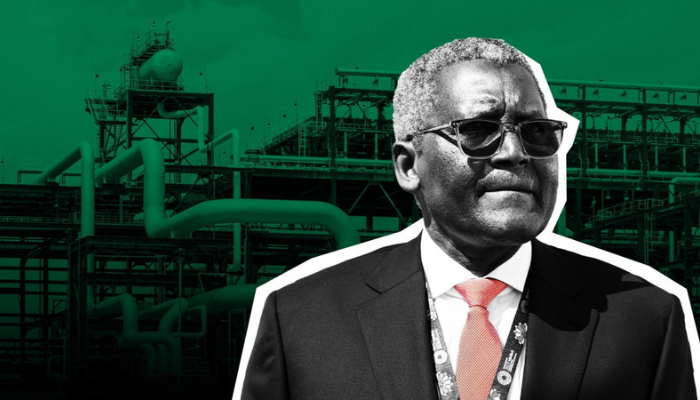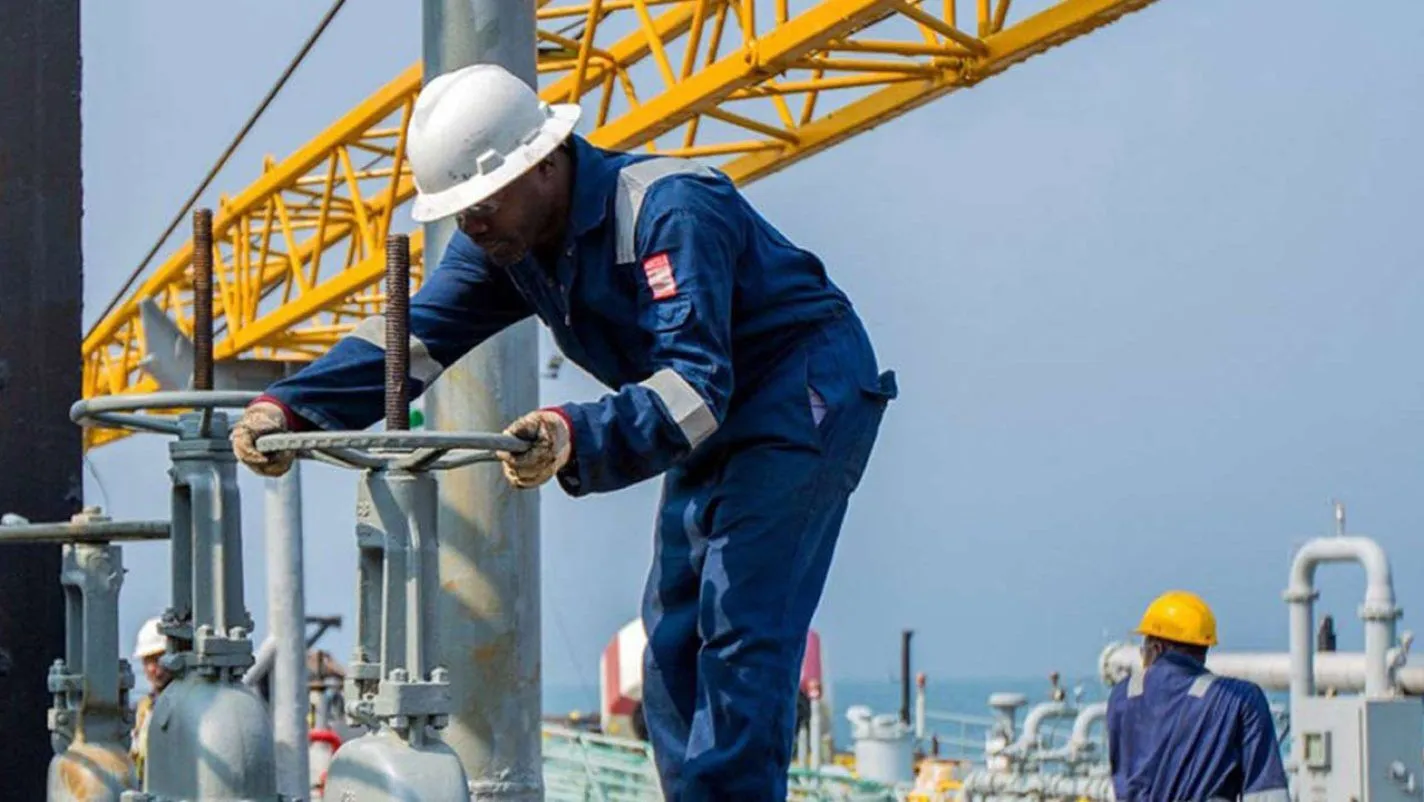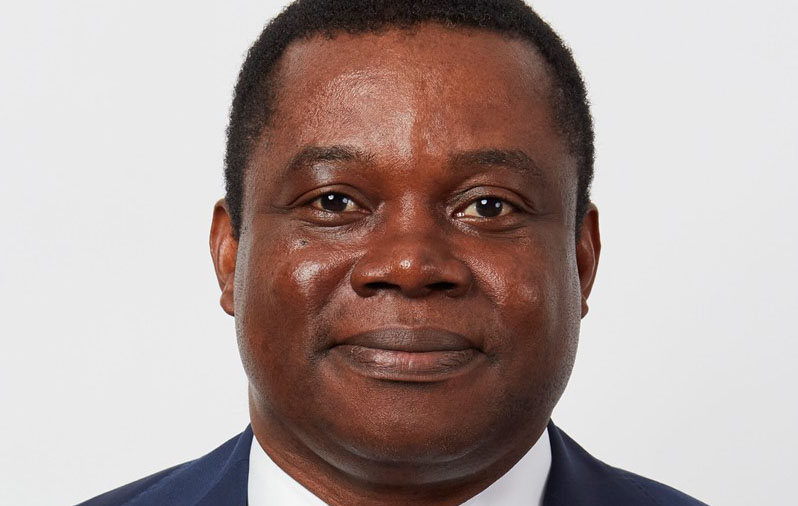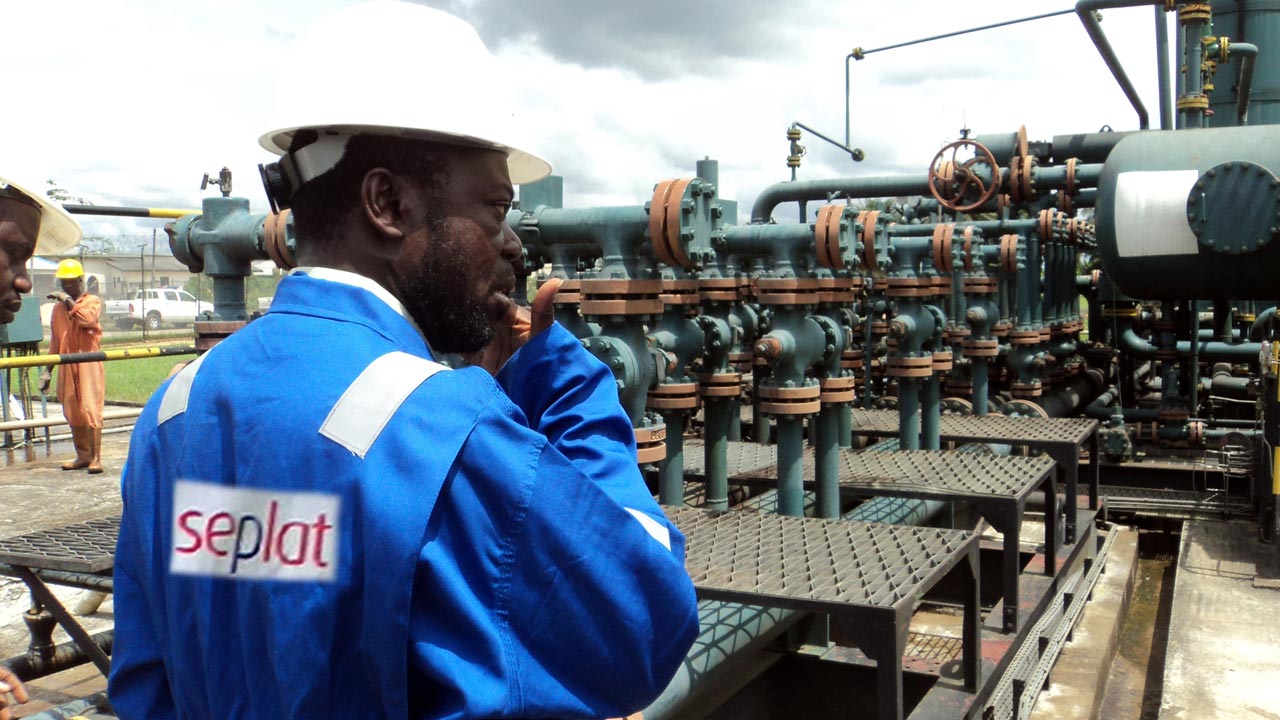Group Chairman of Oilden Energies, Oluwatoni Oladiran, has disclosed that Nigeria can maximise opportunities in the continent’s lubricants market, currently valued at $4.2 billion.
Addressing journalists on the forthcoming product launch and subsidiary unveiling in Lagos, he disclosed that Nigeria alone accounts for over 600 million litres in yearly lubricant consumption.
He observed that globally, the top 30 suppliers collectively account for over 70 per cent of global production capacity, adding that their goal is to take a rightful place among them.
While saying Oilden Energies is proudly 100 per cent Nigerian-owned, he added that the mission is to deliver petroleum services of the highest quality, onshore and offshore, and provide world-class products at competitive prices for domestic and international markets.
He stated: “So far, we are making measurable strides towards this goal. Our state-of-the-art lubricant plant currently produces over 40,000 metric tonnes yearly when working at full capacity, meeting 25 per cent of Nigeria’s industrial grease and lubricant demand. By 2028, we are on track to expand capacity to 60,000 metric tonnes, enabling us to capture 67 per cent of the domestic market while deepening our footprint across West and Central Africa.”
The growth, he explained, is powered by innovation, rigorous quality control, and a motivated workforce of highly skilled professionals dedicated to excellence. Oladiran said that every facility they run, every product they release, and every piece of equipment they deploy is designed to meet or exceed API, ISO, and NLGI world-class standards.
To him, one of the firm’s strongest value propositions is price and supply stability. He said that through robust local production and an integrated supply chain, they shield their clients from unpredictable dollar exchange rate fluctuations. Newspaper subscription bundles











